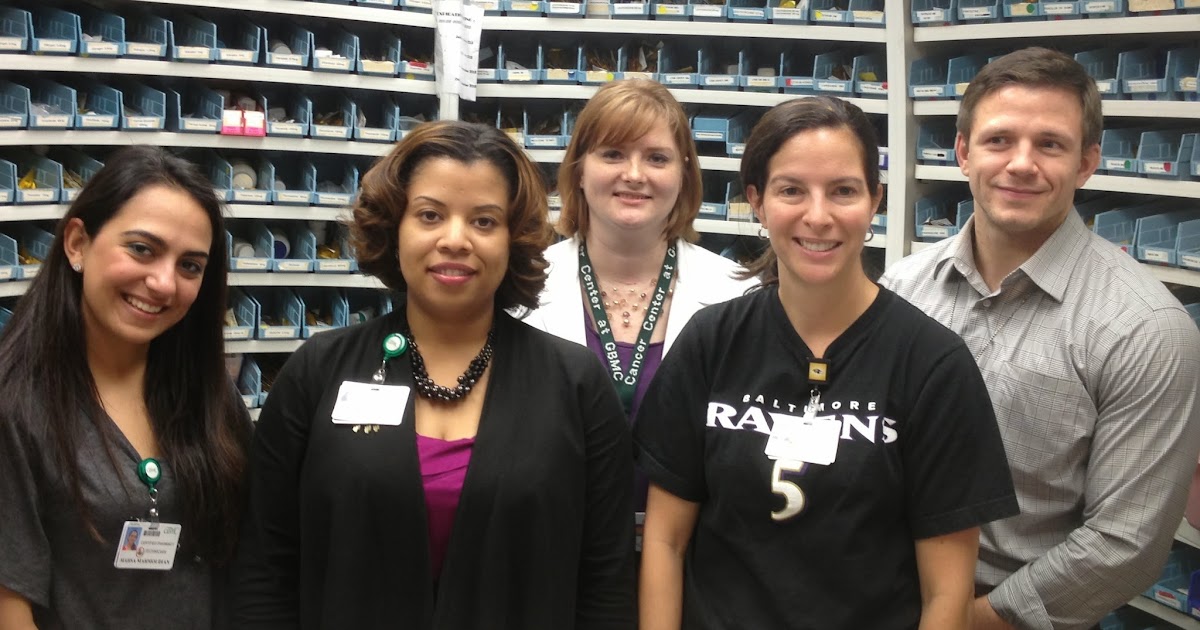Hi there
Sorry for the delay in responding.
We've been here since 18 July and received our resident visas a couple of weeks ago. So we're officially official! 5 years until we get to swear allegiance to King Charles and get our black passports.
Since I started this thread, pharmacists have been added to the "tier 1 green list" which means that anyone reading this that wants to work in New Zealand can qualify for immediate residency with a job offer. That's a way easier pathway than what we took, and oyr pathway was technically streamlined (because we didn't have to deal with the "points" system).
This is really important because hospital pharmacists especially are in huge demand. It's hard to see from outside NZ, but for example our hospital has had 2.3 FTE open for over a year. Qualified candidates for ED Pharmacy are not coming from New Zealand... If they are, they will generally need to be trained on the job as they will have had no practical training as part of their education. We have to import pharmacists from America to get qualified, experienced candidates. This problem is further compounded by the fact that we have qualified American candidates who occasionally apply, and it's a huge battle to get them a salary that is not insulting. I was lucky coming in at a much higher step than is typical, but that is because I had an equivalent high offer from another DHB as bargaining leverage.
Reading back through your posts, I can confirm that you were really spot on with your analysis of life in NZ as a pharmacist. We managed to find a small but nice new build 3br/2 ba home to rent at $615/week. Our daughter attends a wonderful Montessori preschool for a tiny fraction of what we'd be paying in the USA (we pay $650 every ten weeks here, instead of $1,600 per *month*). So immediately that offsets sone of the salary differential. Power, internet and gas bill is roughly $300 monthly. Water is not metered, and so is free (paid by the owner as a lump sum annually) as is rubbish collection.
We bought a ten year old low mileage plug in prius, which is a great car for New Zealand as it gets about 90 mpg in the city (60 on highways) and we usually only need to top up the tank every month or so. And the car was only $14,500 nzd (which aligned with the AA vaiuation) whereas the Kelly Blue Book value for the same car was around $25,000 USD.
And while the payroll tax deductions are very sightly higher in NZ, they are far less when you begin to factor in the multitudinous US deductions for insurance, social security, unemployment etc. And don't get me started on the deductibles, copays, etc that are not calculated in to payroll but still have an impact on the money you actually get to keep for yourself.
Healthcare is quite straightforward and nearly free. You register with a GP and that's essentially the only person you ever pay. A visit costs $58, but any labs, specialist referrals, procedures like radiology that come from that $58 visit, is all free. And if you have to see the GP (or go to the hospital) due to an accident, the national accident insurance kicks in and you pay less (or nothing). Ambulance rides for example are free if it's due to an accident, $90 if not. And all prescriptions, no matter what it is, cost $5. Unless you go to one of the large discount pharmacies, in which case they waive the $5 and it's free. All of the savings that come from this healthcare system are significant and need to be considered when you look at that lower salary you'll be getting. Oh, and children (under 14) are completely free.
We're going in to winter now, and it is getting a bit chilly. And the way kiwis heat their houses is that they don't fully. There's usually a heat pump or wood stove in the lounge (living room) but the bedrooms have nothing. This can be a real problem, especially if you have an older, drafty house. Colleagues have warned us about not using the heat pump excessively or we will see skyhigh power bills. Our house is constant enough with an extra wool blanket thrown on the bed.
Food is definitely a huge expense. It's shocking how much things cost at the grocery store, and it's a constant conversation and point of stress among kiwis. Costco recently opened in Auckland and there's hope that they put pressure on the kiwi grocery duopoly, driving down prices. But the general answer is but what's in said, and buy in season. One need only look at $60/kilo for USA summer limes, and now you can get NZ limes for like $3/kilo. That's a more dramatic example, but it's very true.
I really do have a lot of great colleagues at the hospital, both kiwis and migrants. The American docs especially appreciate having a pharmacist, even if the kiwi docs and nurses are not used to having us around. And little by little we are making ED Pharmacy services known, and now they are beginning to ask for us specifically, which is great. But right now I'm the only one on the team that is comfortable responding to resus so we really need to fully staff up so I can have a break once in a while





